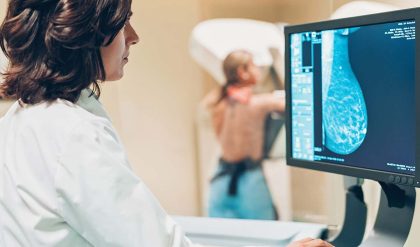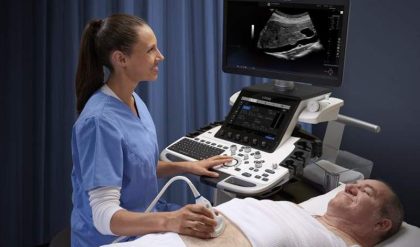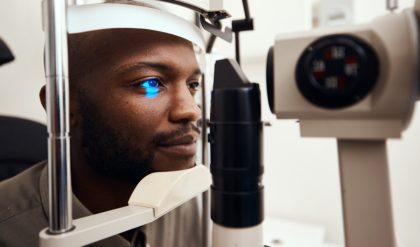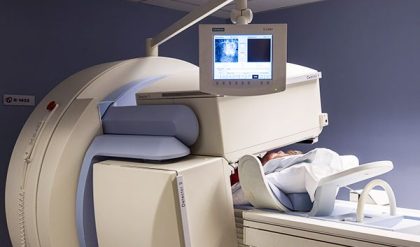From why imaging studies are ordered to how they are produced, analysed, interpreted and followed up on, artificial intelligence (AI) is enabling radiology experts to derive enhanced insights and boost the efficiency of medical imaging workflows.
Medical imaging modalities make use of NVIDIA’s GPUs to deliver state-of-the-art, high-quality images; this includes real-time iterative reconstruction to reduce radiation dosage of CT scans, compressed sensing to decrease scan time in MRI and software beamforming to increase image quality in ultrasound.
Yet, AI is capable of making image acquisition even better. Imaging instruments need AI to ensure the highest quality images are acquired. It is also needed post-acquisition across various image visualisation, processing and reasoning workflows. Ongoing research shows that the use of AI in radiology will improve the quality, access and cost of care, as well as the efficiency- and success-prescribed treatments. But changing the practice of radiology is not a simple task. It requires the creation of thousands of niche applications, and these will need to be adapted for each institution’s patient population, equipment fleet and clinical practice.
To stay up-to-date with the current trends in radiology, you will need to be able to develop and train neural networks. At ECR 2019, the NVIDIA Deep Learning Institute will provide free training to develop these skills. NVIDIA’s team of experts have developed a range of courses and electives to advance your skills in AI and accelerated computing. Whether you are just starting out with deep learning, or you want to dive deeper, they will have the right training for you skillset.
To learn more, visit NVIDIA’s self-paced training area (AI-26) to connect with AI experts, develop your skills and discover the power of deep learning.
Examples of the training offered:
· Coarse-to-Fine Contextual Memory for Medical Imaging
· Data Augmentation and Segmentation with Generative Networks for Medical Imaging
· Deep Learning for Genomics Using DragoNN with Keras and Theano
· Image Classifications with DIGITS
· Image Classification with TensorFlow: Radiomics – 1p19q Chromosome Status Classification
· Image Segmentation with TensorFlow
· Medical Image Analysis with R and MXNet
· Medical Image Classification Using the MedNIST Dataset
· Medical Image Segmentation Using DIGITS
· Modeling Time Series Data with Recurrent Neural Networks in Keras
· Object Detection with DIGITS




